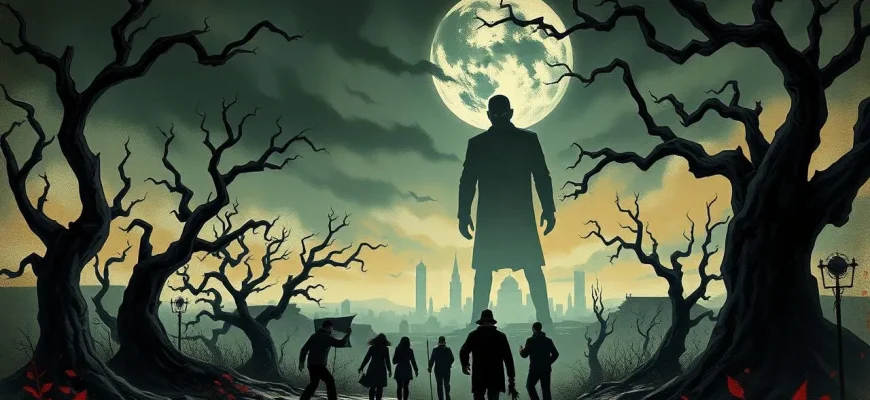This curated list of horror films explores the terrifying intersection of fascism and fear. Each film uses the genre to delve into the psychological and societal impacts of fascist regimes, offering not just scares but also a deeper commentary on power, control, and human nature. These films are valuable for those interested in the horror genre as well as those looking to understand the historical and psychological underpinnings of fascism through the lens of cinema.
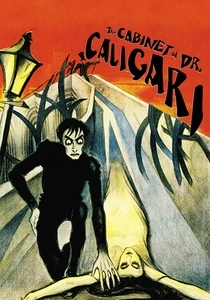
The Cabinet of Dr. Caligari (1920)
Description: This German Expressionist film uses surreal visuals to explore themes of manipulation and control, mirroring the rise of fascist ideologies in post-World War I Germany.
Fact: The film's set design was so influential that it inspired the visual style of many horror films to come. It was also one of the first films to use the twist ending.
 Watch Now
Watch Now
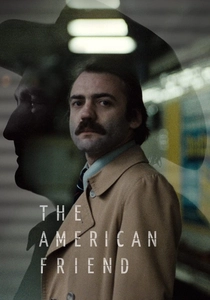
The American Friend (1977)
Description: This film by Wim Wenders features a terminally ill man manipulated into becoming an assassin, reflecting on the exploitation under fascist-like control.
Fact: The film is loosely based on Patricia Highsmith's novel "Ripley's Game."
 Watch Now
Watch Now
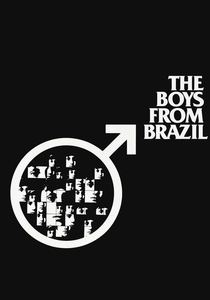
The Boys from Brazil (1978)
Description: This thriller involves a plot to clone Hitler, exploring the fear of fascism's resurgence through genetic manipulation.
Fact: The film was based on a novel by Ira Levin, who also wrote "Rosemary's Baby."
 Watch Now
Watch Now
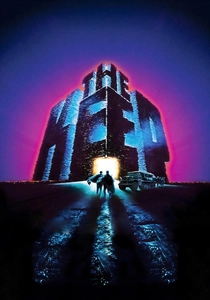
The Keep (1983)
Description: Set in Romania during WWII, this film features Nazis inadvertently awakening an ancient evil, symbolizing the destructive nature of fascist ideology.
Fact: The film was adapted from a novel by F. Paul Wilson and was originally intended to be part of a trilogy, but the other films were never made.
 Watch Now
Watch Now
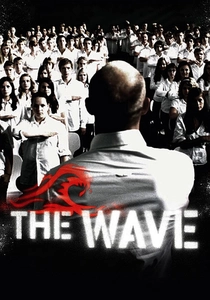
The Wave (2008)
Description: This German film shows how a school project on autocracy turns into a real-life fascist movement, highlighting the ease with which fascism can take root.
Fact: The film is based on a true story from a high school in California in
 Watch Now
Watch Now
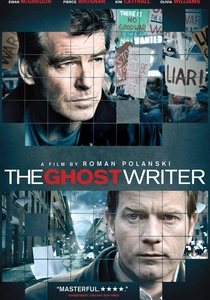
The Ghost Writer (2010)
Description: While more of a political thriller, this film by Roman Polanski touches on themes of hidden fascist tendencies in modern politics.
Fact: The film was Polanski's first English-language film in 15 years, and it was shot in Germany, standing in for the UK.
 Watch Now
Watch Now
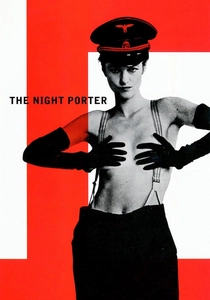
The Night Porter (1974)
Description: This film explores the complex relationship between a former SS officer and a concentration camp survivor, delving into the psychological aftermath of fascism.
Fact: The film was highly controversial upon release for its depiction of a sadomasochistic relationship between a Nazi and his victim.
 30 Days Free
30 Days Free
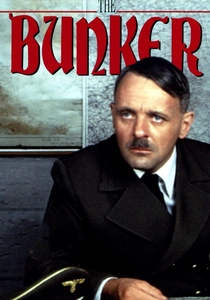
The Bunker (1981)
Description: While not a traditional horror film, this TV movie about the last days of Hitler in his bunker captures the psychological horror of fascism's end.
Fact: Anthony Hopkins' portrayal of Hitler was critically acclaimed, earning him a BAFTA nomination.
 30 Days Free
30 Days Free
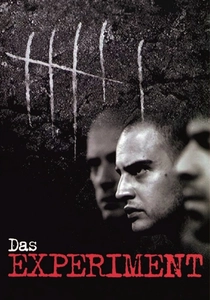
The Experiment (2001)
Description: Although not directly about fascism, this film about a psychological experiment gone wrong mirrors the dynamics of power and control in fascist regimes.
Fact: The film was inspired by the real-life Stanford prison experiment.
 30 Days Free
30 Days Free

The Damned (1969)
Description: Luchino Visconti's film examines the moral decay of a German industrialist family as they embrace Nazism, showcasing the horror of fascism's allure.
Fact: The film was originally titled "Götterdämmerung," referencing Wagner's opera, symbolizing the downfall of the gods.
 30 Days Free
30 Days Free

